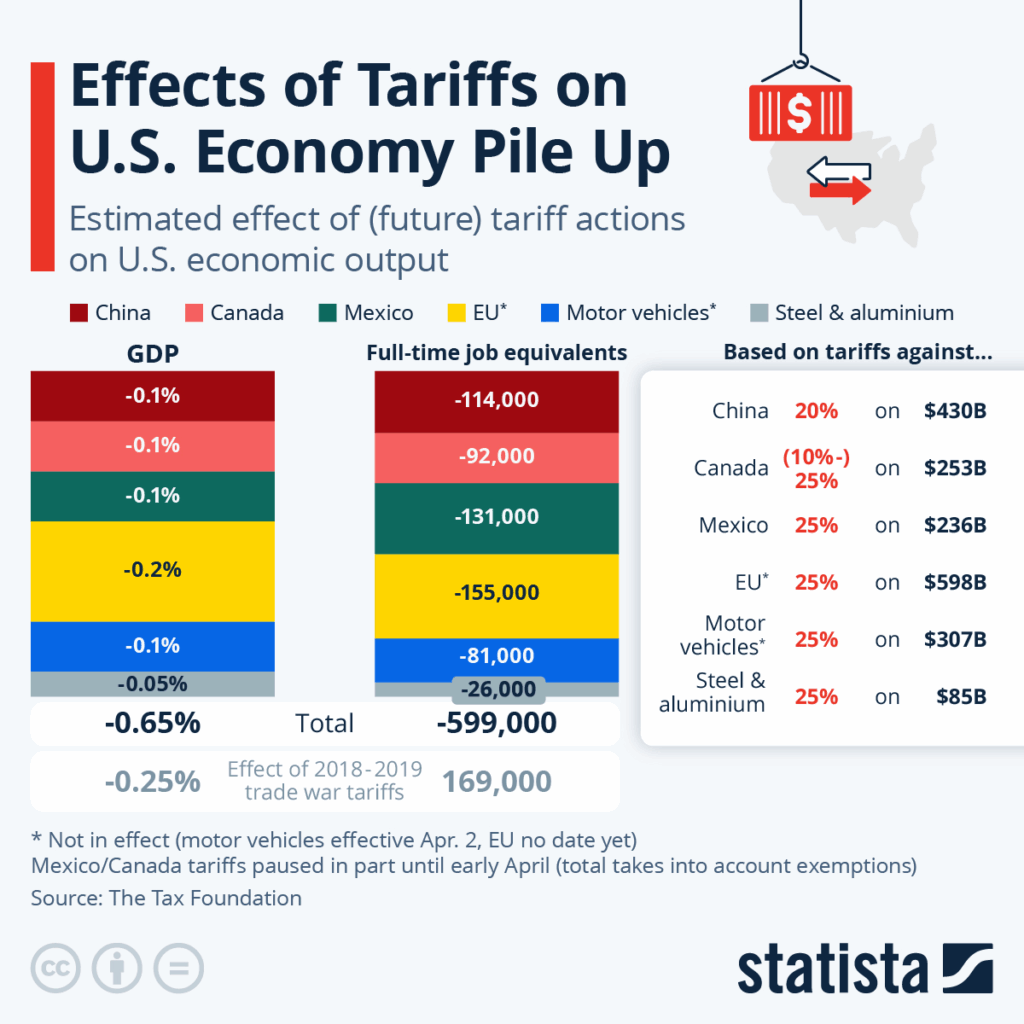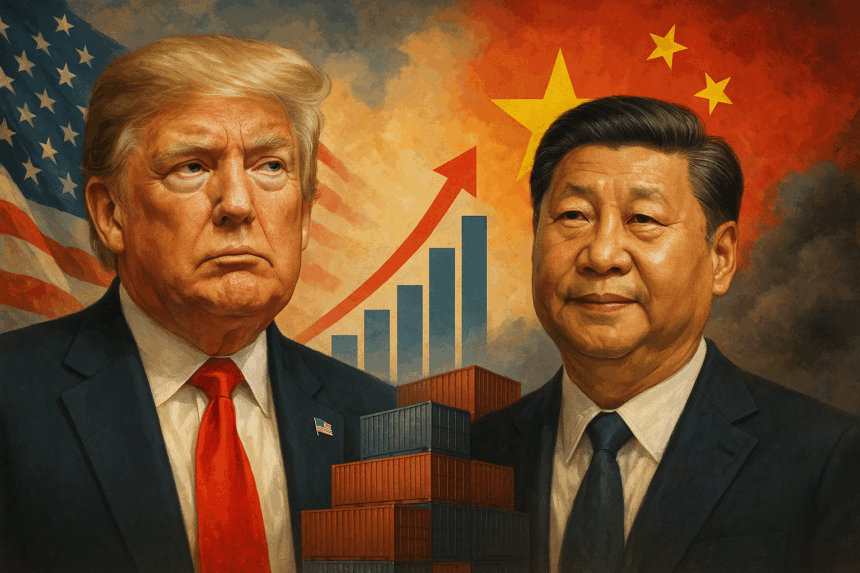In a surprising announcement, the U.S. and China have agreed to pause the tariff hikes that have disrupted the global economy. This temporary tariff halt was announced after high-stakes negotiations between the two countries, offering relief to industries that the trade war has hit. The agreement, which came into effect on May 14, is a short-term resolution that both sides hope will pave the way for further discussions.
What’s Happening & Why This Matters

The U.S. and China agreed to a 90-day pause on tariffs, starting May 14, 2025. While this pause has temporarily reduced some of the tariffs previously imposed by President Trump, it comes with certain exceptions. For example, the U.S. will maintain a 30% tariff on Chinese imports, but China has committed to reducing tariffs on U.S. products by 10%.
During the pause, businesses from various sectors — especially tech, e-commerce, and retail— are granted breathing room. Companies reeling under the weight of tariffs now have time to reorganize their supply chains and reconsider strategies for the upcoming quarter. Although companies like Temu and Anbernic have already scaled back product availability due to the tariffs, this deal offers a reprieve with caution. Many businesses know that this pause could be just that — a pause — and they are preparing for future trade challenges, depending on the outcome of talks in the next few months.
Despite the temporary pause, some industries still face uncertainty. Sectors like pharmaceuticals, automobiles, steel, and aluminum are still grappling with tariffs, which could further increase costs for manufacturers and consumers. President Trump has suggested that further tariffs could be applied to drug imports, signaling that the trade policy is far from settled.

This deal is a turning point in a contentious trade saga between the two largest economies. Companies and investors alike are waiting to see if this pause will translate into a long-term resolution or if the tariff battle will recur when the 90 days are over. Industries that depend heavily on trade with China are particularly concerned about the future.
TF Summary: What’s Next
The 90-day tariff pause is an unexpected development temporarily relieves businesses, but the long-term impact remains uncertain. As both the U.S. and China continue to negotiate the terms of trade, industries must remain agile, especially in sectors like tech, retail, and pharmaceuticals, where tariffs directly affect operations. The key questions will be whether the pause leads to a permanent trade agreement or if the tariffs return, reshaping global supply chains yet again.
The following months are crucial for businesses navigating the uncertainties of this trade conflict. With new tariffs still on the horizon for certain goods, companies and consumers must ready and prepare for whatever the subsequent negotiations bring.
— Text-to-Speech (TTS) provided by gspeech.


